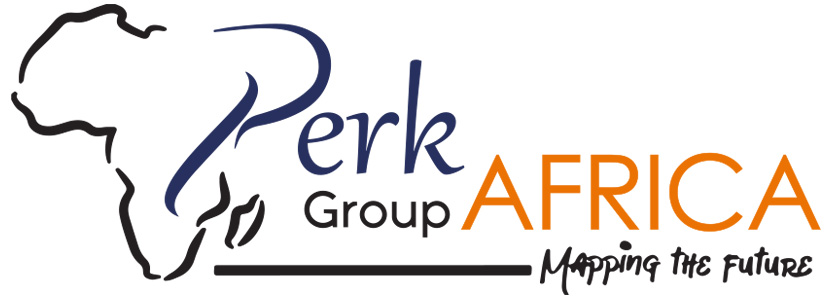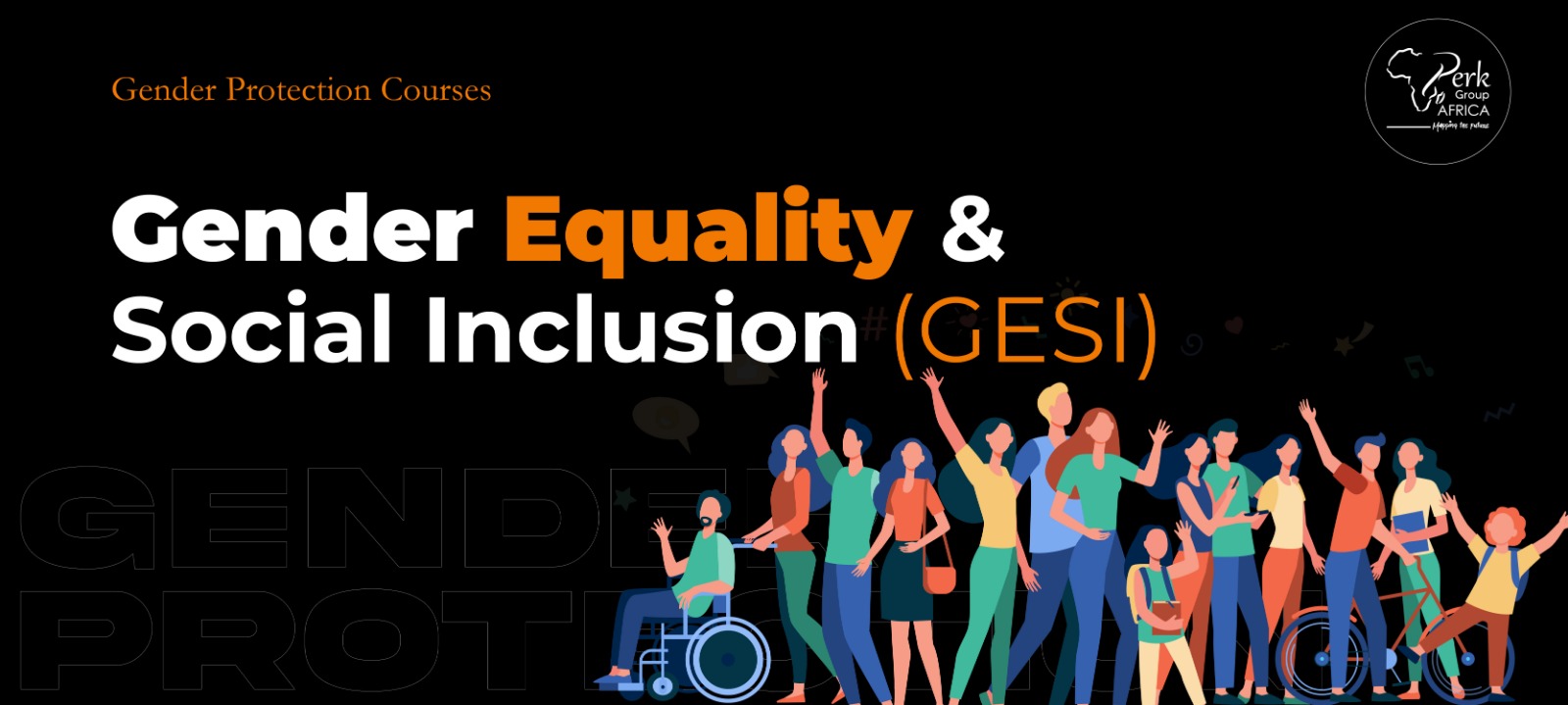Gender equality and social inclusion are fundamental to achieving equitable, prosperous, and resilient societies. These principles go beyond just addressing the rights of women and marginalized groups; they are about transforming the way society functions, ensuring everyone has equal opportunities, access to resources, and a voice in decision-making.
In this blog post, we explore the key concepts of gender equality and social inclusion, their importance in development, and how they intersect to drive positive social change.
What is Gender Equality?
Gender equality refers to the equal rights, responsibilities, and opportunities of women, men, and gender-diverse people. It means that a person’s gender should not determine their access to education, employment, healthcare, or political participation. Gender equality is not only a fundamental human right but also a prerequisite for economic development and social progress.
For many years, structural inequalities have disproportionately affected women and girls worldwide. Although significant progress has been made in areas like education and political participation, gender gaps still exist, particularly in areas like economic empowerment, leadership, and decision-making. Achieving gender equality requires addressing both visible and hidden barriers that hinder equal participation and opportunity.
What is Social Inclusion?
Social inclusion ensures that all individuals, particularly those from disadvantaged or marginalized groups, have opportunities to participate fully in society. This involves reducing disparities in access to resources like education, employment, health services, and political representation.
Social exclusion, often driven by factors such as poverty, disability, ethnicity, or gender, can perpetuate cycles of disadvantage. Socially inclusive policies and practices are essential for creating societies where every individual, regardless of their background, is empowered to achieve their full potential and contribute to the community.
The Intersection of Gender Equality and Social Inclusion
Gender equality and social inclusion are deeply intertwined. While gender equality specifically addresses issues related to gender-based discrimination and inequality, social inclusion broadens the focus to encompass all marginalized and excluded groups, including ethnic minorities, people with disabilities, LGBTQ+ individuals, and those living in poverty.
When societies fail to address the intersection of gender and other forms of exclusion, inequalities are compounded. For example, women from ethnic minorities or those with disabilities often face multiple layers of discrimination, limiting their access to resources and opportunities even further.
By addressing these intersecting inequalities, we can create more inclusive societies where all individuals, regardless of gender, background, or ability, are valued and empowered.
Why Gender Equality and Social Inclusion Matter
Achieving gender equality and social inclusion is critical for building sustainable, peaceful, and prosperous societies. Here are some of the key reasons why these concepts matter:
- Economic Growth: When women and marginalized groups have equal access to education, employment, and economic resources, they can contribute significantly to the economy. Studies show that closing gender gaps in labor force participation can boost national economies and improve overall productivity.
- Improved Health and Education Outcomes: Gender equality and social inclusion positively impact health and education outcomes. When both women and men have equal access to healthcare and education, communities are healthier, and future generations have better opportunities for success.
- Strengthening Democracy and Governance: Inclusive societies are more democratic and resilient. When all groups have a voice in decision-making processes, policies are more representative, and institutions are more accountable. Gender-balanced leadership, in particular, leads to more inclusive policies that benefit society as a whole.
- Poverty Reduction: Social inclusion helps to break the cycle of poverty. By providing marginalized groups with equal opportunities to access resources, education, and economic participation, social inclusion reduces the inequalities that often perpetuate poverty.
- Resilience in the Face of Crises: Societies that are inclusive and value gender equality tend to be more resilient in times of crisis, whether facing economic shocks, health pandemics, or environmental disasters. Inclusive policies ensure that resources and support are distributed equitably, reducing the risk of leaving vulnerable groups behind.
Challenges to Achieving Gender Equality and Social Inclusion
While progress has been made, many challenges still hinder the realization of gender equality and social inclusion:
- Cultural Norms and Stereotypes: Deep-rooted gender stereotypes and traditional social norms often limit the participation of women and marginalized groups in various spheres of life.
- Unequal Access to Resources: Inequalities in access to education, healthcare, and employment disproportionately affect women and disadvantaged groups, perpetuating cycles of exclusion and poverty.
- Lack of Political Representation: In many countries, women and marginalized communities remain underrepresented in leadership and decision-making roles, limiting their ability to influence policies that affect their lives.
- Violence and Discrimination: Gender-based violence, discrimination, and harassment continue to be significant barriers to achieving gender equality and social inclusion. These issues often prevent individuals from participating fully in society and reaching their potential.
Strategies for Promoting Gender Equality and Social Inclusion
Addressing these challenges requires coordinated and sustained efforts at all levels of society. Some effective strategies include:
- Policy Reform: Governments should adopt and enforce policies that promote gender equality and social inclusion. This includes laws that protect against discrimination, ensure equal pay, and provide access to education, healthcare, and employment for all.
- Awareness and Education: Raising awareness about gender inequality and social exclusion is critical to changing mindsets and cultural norms. Educational programs that challenge stereotypes and promote diversity and inclusion can create lasting social change.
- Inclusive Leadership: Promoting women and marginalized groups into leadership positions ensures that diverse voices are heard, and policies are more inclusive. Organizations and governments must actively work to dismantle barriers to leadership for underrepresented groups.
- Community Engagement: Local communities play a vital role in driving change. Engaging communities in discussions about gender equality and social inclusion helps to challenge harmful norms and promote more inclusive practices.
- Monitoring and Accountability: To track progress, governments and organizations must monitor and evaluate the impact of their gender equality and inclusion initiatives. Setting measurable targets and holding stakeholders accountable is essential for driving meaningful change.
Conclusion: The Path Forward
Achieving gender equality and social inclusion is an ongoing journey that requires commitment, collaboration, and action from all sectors of society. While progress has been made, there is still much work to be done to ensure that everyone, regardless of gender, background, or ability, has the opportunity to participate fully in society and achieve their potential.
At Perk Group Africa, we are committed to promoting gender equality and social inclusion through our capacity-building programs and consultancy services. We believe that inclusive societies are stronger, more resilient, and better equipped to face the challenges of the future.
If you or your organization are interested in learning more about gender equality and social inclusion, we offer tailored training programs designed to help you incorporate these principles into your work. Please contact us via Call +254 712 028 449 or Email training@perk-gafrica.com for more information on our training opportunities.
REGISTER FOR A Gender Equality and Social Inclusion Short Course HERE
#GenderEquality #SocialInclusion #SustainableDevelopment #InclusiveSocieties #PerkGroupAfrica

